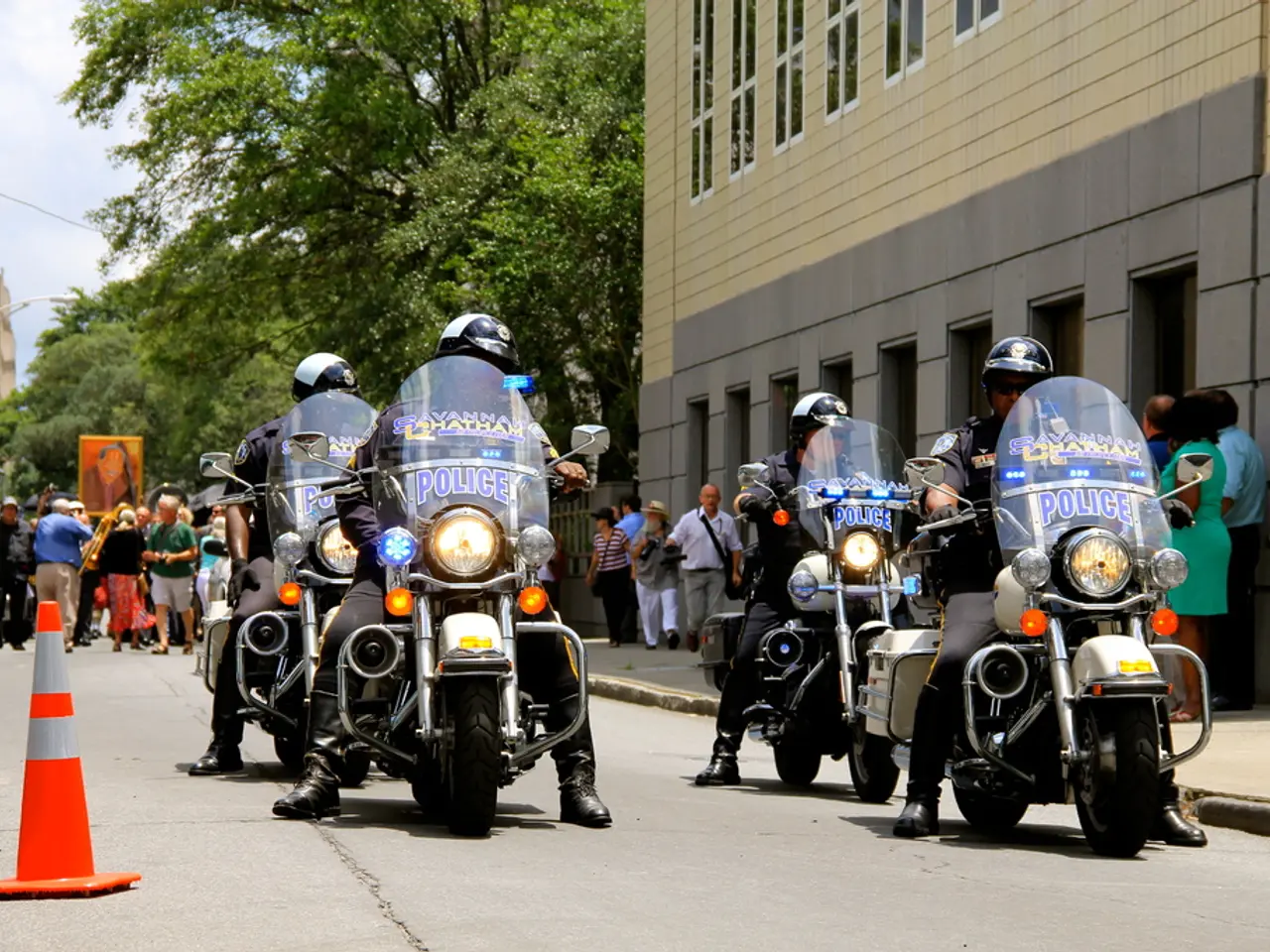Harleian Library Custodian in 1705: Humfrey Wanley
Expanding the Harleian Library: Humfrey Wanley's Legacy
In the early 18th century, Humfrey Wanley made significant strides in the world of scholarly manuscripts as the Library-Keeper for the Harleian Library, a collection that would later become part of the British Library. Wanley, a scholar and palaeographer, dedicated himself to meticulously organising and describing the manuscripts, making them more accessible and preserving them for future generations.
The Harleian Library, founded by Robert Harley, Lord High Treasurer and 1st Earl of Oxford, and his son Edward, was a treasure trove of medieval and early modern manuscripts. After the Harleys' deaths, Wanley was entrusted with the task of sorting, identifying, and cataloguing the vast collection. This monumental endeavour transformed the Harleian Library into one of the most important repositories of historical documents in England, laying the foundation for the British Library's manuscript holdings.
Wanley's contributions to the Harleian Library are manifold. He negotiated the acquisition of 660 manuscripts from the late antiquary Sir Simonds D'Ewes, among which were over 300 manuscripts of Edward Stillingfleet, over 200 heraldic manuscripts from the Randle Holme arms-painters of Chester, and about 125 manuscripts of the clergyman Robert Burscough. To further organise the collection, he began a subject catalogue for the entire Harleian collection, created a catalogue of heraldic manuscripts, and wrote an index to the Harleian charters.
Moreover, Wanley did not limit his acquisitions to the British Isles. He used Continental agents to purchase manuscripts from Belgium, France, Germany, Italy, The Netherlands, and monasteries in the Levant. One of the most notable acquisitions was a 14th-century French Psalter, which bears Wanley's ownership inscription to this day.
Wanley's efforts extended beyond the physical organisation of the manuscripts. He wrote catalogues, including a 'Catalogus Brevior' for over 2,400 Harleian manuscripts. The 'Catalogus Brevior' was completed and published by the British Museum almost a hundred years later, providing scholars with a valuable resource.
Wanley's diary and cataloguing records, preserved in the British Library, offer valuable insights into the manuscripts and the conditions of their acquisition. They reflect his expertise and dedication to the management of one of the richest manuscript collections of the time. The Harleian collection, now part of the British Library, remains the largest intact 18th-century manuscript collection in the world, containing over 7,000 manuscripts, 14,000 charters, and 500 rolls.
Wanley's legacy continues to resonate in the scholarly world, as his meticulous work has ensured the preservation and accessibility of a priceless collection of historical documents. His dedication to the Harleian Library has left an indelible mark on the history of manuscript studies in England.
[1] For more information, consult the British Library's archives.
The Harleian Library, expanded under Humfrey Wanley, offered a wealth of books as entertainment for scholars and enthusiasts alike, ranging from medieval manuscripts to early modern documents. During his tenure as Library-Keeper, Wanley negotiated acquisitions of manuscripts from various European regions, including France, Germany, and Italy, thereby enriching the Harleian Library's book collection.







